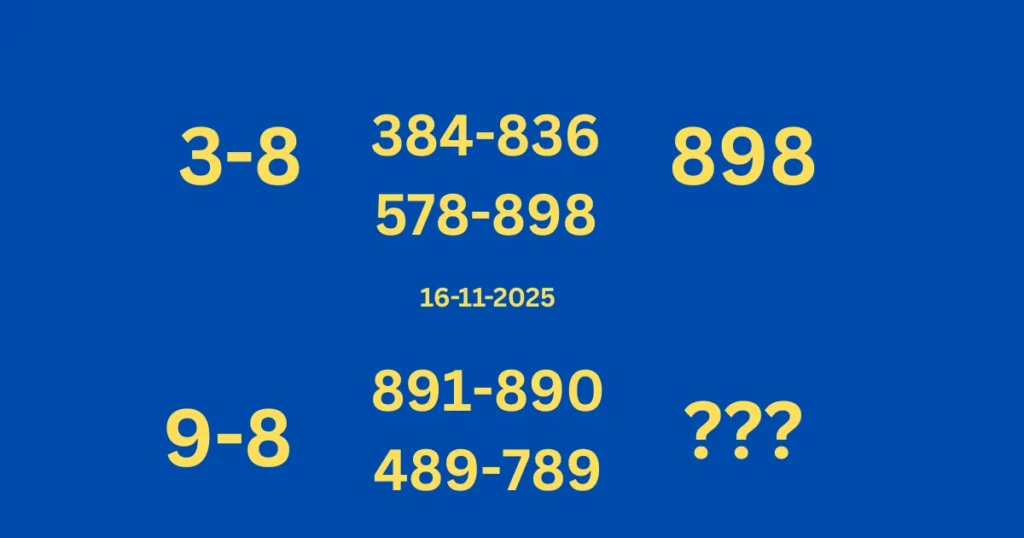Australia has introduced a new social media ban that has created widespread debate across the country and beyond. The government says the move is designed to protect people especially young users from the negative effects of social media platforms. Many citizens are trying to understand what this ban actually means how it will be enforced and how it will affect their daily online lives. The decision marks one of the boldest steps any democratic nation has taken against global tech companies in recent years.
The government explained that the ban focuses mainly on limiting the use of social media for minors and controlling harmful content that spreads rapidly on digital platforms. Officials argue that platforms like Facebook Instagram TikTok and X formerly known as Twitter have too much influence on mental health and public opinion. They believe these networks encourage addiction spread misinformation and expose children to inappropriate material. By introducing this ban the authorities want to create a safer and more responsible online environment.
Under the new rules children below a certain age will not be allowed to create or use social media accounts without verified parental consent. The government also plans to hold social media companies accountable if they fail to verify user ages or allow restricted users to access their platforms. Companies that do not comply may face heavy fines or temporary restrictions in Australia. Lawmakers claim that such action is necessary to make tech giants more responsible about who uses their services and how their algorithms operate.
For many parents the move has been welcomed as a step in the right direction. They have expressed concerns for years about their children spending too much time online being exposed to cyberbullying and suffering from anxiety caused by social comparison. They believe that a stricter policy will help protect mental health and encourage kids to spend more time on real life activities like sports reading and family interaction. Many parents say the internet is important but that balance is needed between freedom and safety.
However not everyone agrees with the new policy. Critics argue that the government is interfering too much with personal freedoms. Some legal experts say the policy could create privacy concerns since it may require citizens to verify their identity with official documents before using social platforms. Others worry that the ban will limit the ability of small businesses influencers and creators who rely on social media to reach their audiences. These groups fear the move might hurt innovation and digital entrepreneurship in the country.
The debate also raises questions about how such a ban will be enforced technically. Social media platforms operate globally and enforcing national restrictions is often complicated. Experts say that age verification technology can be bypassed easily and that tech companies may struggle to apply these rules consistently. There are also doubts about how effectively the government can monitor millions of online users without violating privacy laws. The authorities have said that enforcement will be gradual and that they will work with companies to ensure compliance without mass surveillance.
The impact on young Australians is likely to be significant. Teenagers who are used to spending hours daily on apps like TikTok or Instagram will have to adapt to new limits. Schools are expected to support the initiative by teaching digital literacy and encouraging offline social skills. Teachers and counselors believe that reducing exposure to online platforms could improve students concentration and overall mental well being. Some young users however feel that they are being unfairly punished for the actions of a few and that the government should focus on education rather than restriction.
From an economic perspective social media plays an important role in marketing communication and brand visibility. Many Australian businesses rely heavily on social media for advertising and customer engagement. Analysts are watching closely to see whether the new policy will affect digital marketing strategies and online sales. Some companies may shift to alternative methods such as email marketing or private community platforms to maintain their reach. Others may focus on expanding to regions where restrictions are less strict.
Globally the move by Australia could inspire other countries to consider similar measures. Nations in Europe and Asia have already shown interest in stronger social media regulations particularly to protect minors. Australia may become a test case for how far democratic governments can go in controlling the digital world without crossing the line into censorship. Technology analysts say the success or failure of this ban will influence global discussions about online safety and freedom of expression.
Many international human rights groups have urged the Australian government to ensure that the policy does not restrict legitimate speech or access to information. They emphasize the need for transparency accountability and independent oversight. Some also recommend regular reviews of the law to adapt to changing technology and user behavior. The government has promised to listen to public feedback and make adjustments where necessary. Officials maintain that the goal is not to silence anyone but to make social media a healthier space for all citizens.
As the law takes effect citizens are being encouraged to stay informed and understand how the changes will affect them. People are advised to check official websites for guidance on registration age limits and parental control requirements. Tech companies are also expected to launch awareness campaigns explaining how users can stay compliant while continuing to enjoy social interaction online. The next few months will reveal how well the ban works in practice and whether it truly creates the safer digital environment the government hopes for.
In the end Australia’s social media ban marks a major turning point in the ongoing struggle between online freedom and regulation. Supporters see it as a necessary step to protect mental health and public safety while critics view it as government overreach. What happens next will depend on how effectively the policy is implemented and how the public responds. For now Australians and the rest of the world are watching closely to see if this bold experiment can strike the right balance between protecting people and preserving digital freedom.
The social platforms are very helpful in this era people are making money from social media platform and these app are so useful for knowledge and i don’t know why people don’t understand about the facts and hopefully these social app works again and remove ban from

social media .



